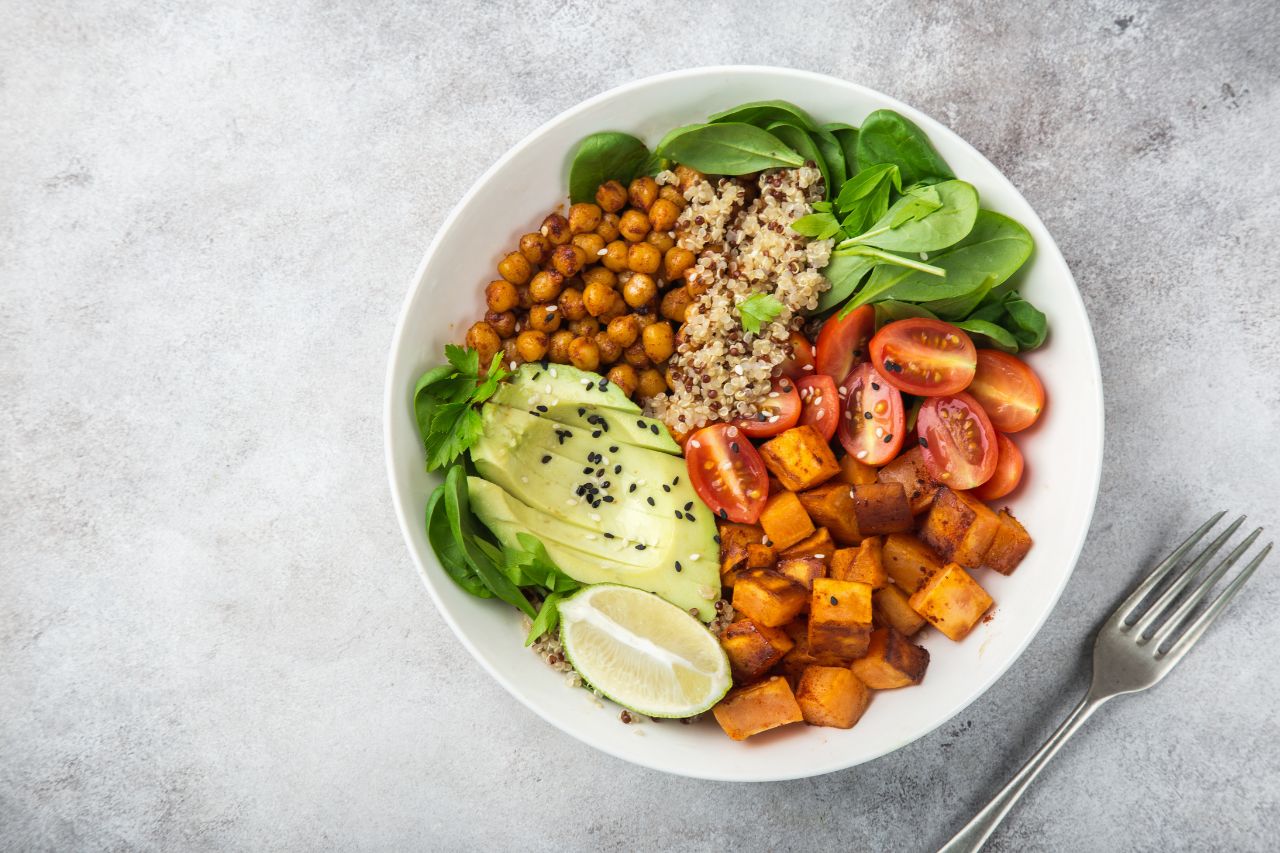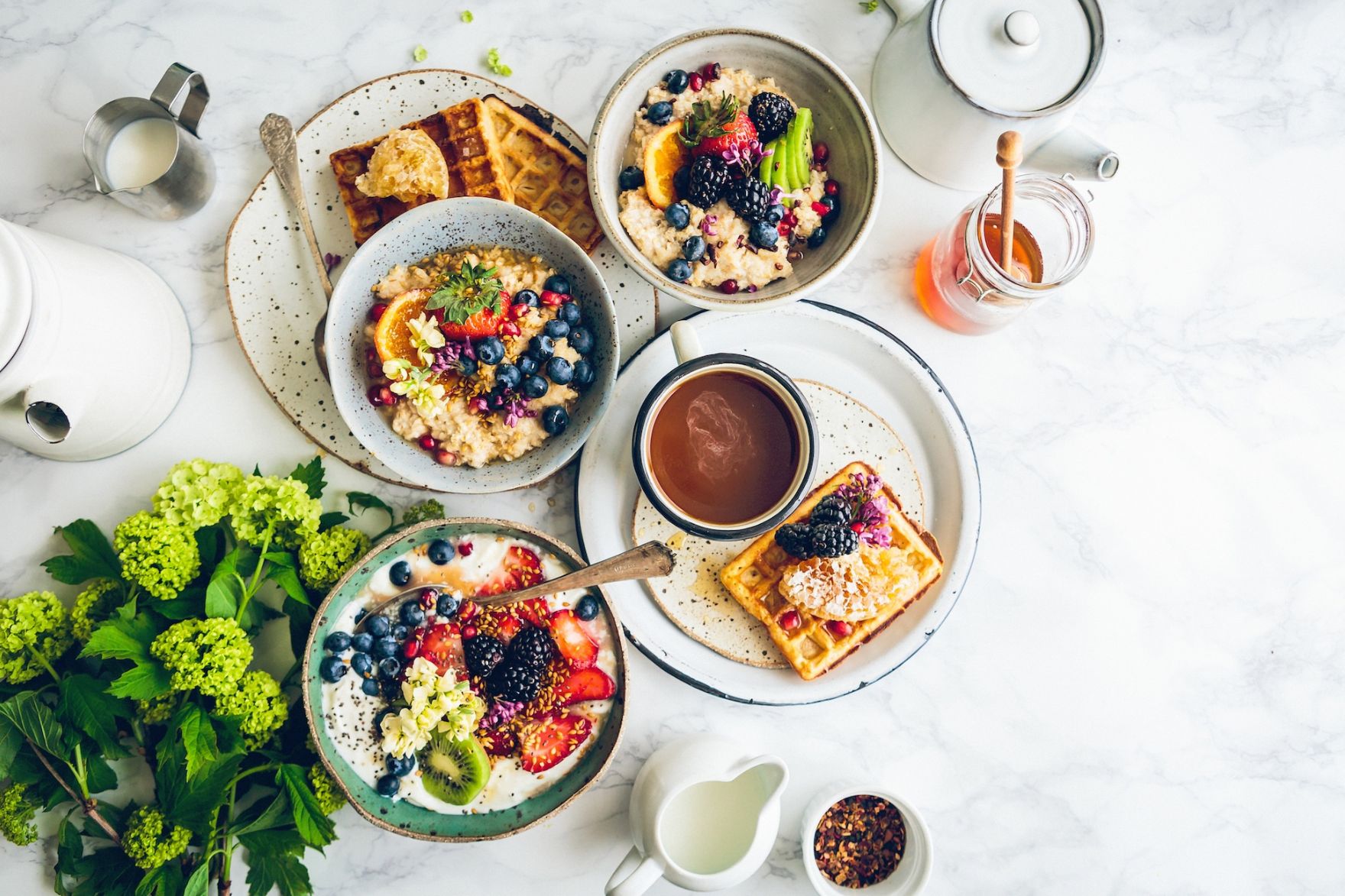When it comes to protein, there’s no shortage of myths and misconceptions—especially when it comes to plant-based diets. From concerns about getting “complete” proteins to the idea that you can’t build muscle without meat, these myths can often deter people from fully embracing a plant-powered lifestyle. The truth is, it’s entirely possible to meet your protein needs and thrive on a plant-based diet. Let’s dive into some of the most common myths about plant-based protein and set the record straight.
Myth 1: You Can’t Get Enough Protein on a Plant-Based Diet
One of the most pervasive myths about plant-based diets is that they don’t provide enough protein. This myth often stems from the misconception that plant foods are low in protein compared to animal products. But in reality, there are plenty of plant-based foods that are rich in protein, and with a well-planned diet, you can easily meet your daily protein needs.
- Beans and Legumes: Chickpeas, lentils, black beans, and kidney beans are all excellent sources of plant-based protein. One cup of cooked lentils contains around 18 grams of protein—nearly as much as a serving of chicken!
- Tofu and Tempeh: These soy-based foods are protein powerhouses. A half-cup of tofu provides about 10 grams of protein, while tempeh offers a whopping 20 grams per serving.
- Whole Grains: Quinoa, farro, and brown rice aren’t just carbs—they also contain protein. Quinoa, in particular, is a complete protein, providing all nine essential amino acids.
- Nuts and Seeds: Almonds, chia seeds, flaxseeds, and hemp seeds are not only great sources of healthy fats but also pack a decent amount of protein. Just 2 tablespoons of chia seeds provide about 4 grams of protein.
The Reality: You can easily get enough protein on a plant-based diet by incorporating a variety of plant-based foods. Whether you’re a casual eater or an athlete, plant-based protein sources can meet your nutritional needs.
Myth 2: Plant Proteins Are Not “Complete” Proteins
Another myth is that plant-based proteins are incomplete, meaning they don’t contain all nine essential amino acids that your body needs. This myth has been debunked numerous times, but it still causes confusion.
Here’s the truth: while it’s true that many plant-based proteins are low in one or more essential amino acids, you don’t need to eat complete proteins at every meal. Your body is smart—it stores amino acids and uses them as needed. As long as you eat a variety of plant foods throughout the day, your body will get all the essential amino acids it needs.
- Examples of Complete Proteins: Some plant-based foods, like quinoa, buckwheat, hemp seeds, and soy products (tofu, tempeh, and edamame), are considered complete proteins. However, you don’t need to rely solely on complete proteins to meet your needs.
- Protein Pairing: While most plant foods contain some but not all essential amino acids, by eating a variety of foods—like beans and rice, or peanut butter on whole grain bread—you ensure that you get a complete protein profile over the course of the day.
The Reality: As long as you eat a diverse range of plant-based foods, your body will get all the essential amino acids it needs. You don’t have to stress about pairing specific proteins at each meal.
Myth 3: You Can’t Build Muscle on a Plant-Based Diet
This is a myth that just won’t die. Many people believe that you need animal protein to build muscle, but countless plant-based athletes and bodybuilders have proven otherwise.
The key to muscle building is not where your protein comes from, but making sure you’re getting enough of it—along with strength training, of course. In fact, plant-based protein can be just as effective as animal protein for building muscle.
- Protein Sources for Athletes: To build muscle on a plant-based diet, focus on high-protein foods like legumes, tofu, tempeh, seitan, quinoa, and protein-rich grains. You can also supplement with plant-based protein powders made from pea protein, hemp protein, or brown rice protein.
- Balanced Diet for Muscle Growth: Along with protein, don’t forget the importance of carbs and healthy fats. Carbs help fuel your workouts, while fats support hormone production. A well-rounded plant-based diet that includes all macronutrients is key to building muscle.
The Reality: You absolutely can build muscle on a plant-based diet by consuming enough protein and maintaining a consistent strength-training routine. There’s no need for animal products to achieve your fitness goals.
Myth 4: You Have to Eat Large Amounts of Plant Foods to Get Enough Protein
Some people worry that they’ll have to eat huge amounts of food to meet their protein needs on a plant-based diet. But that’s not the case. Many plant-based protein sources are nutrient-dense, meaning they pack a lot of protein in relatively small servings.
- Concentrated Protein Sources: Foods like lentils, beans, tofu, tempeh, seitan, and quinoa are rich in protein and can easily meet your needs without requiring you to eat massive portions. For example, just one cup of cooked lentils offers nearly 18 grams of protein, while 3 ounces of tempeh contain about 20 grams.
- Plant-Based Protein Powders: For those who need an extra protein boost, especially athletes or those looking to build muscle, plant-based protein powders made from peas, hemp, or brown rice are an easy way to increase protein intake without extra bulk.
The Reality: You don’t need to eat mountains of food to get enough protein. With smart choices and portion control, plant-based proteins can fit into any diet without feeling overwhelming.
Myth 5: You Need Animal Protein for Better Protein Absorption
There’s a common belief that animal proteins are superior because they’re more “bioavailable” (meaning they’re easier for the body to absorb). While it’s true that some animal proteins are more easily absorbed than certain plant proteins, the difference isn’t as significant as you might think.
- Variety in Plant-Based Proteins: By eating a variety of plant-based proteins, you can ensure that you’re getting enough high-quality protein. Plus, plant-based diets offer other health benefits, like fiber, antioxidants, and phytonutrients, that you won’t find in animal products.
- Improving Absorption: You can enhance the absorption of plant proteins by combining them with certain foods. For example, adding vitamin C-rich foods like bell peppers or citrus fruits to meals containing beans or lentils helps improve iron absorption, which can sometimes be lower in plant-based diets.
The Reality: While some animal proteins may be slightly more bioavailable, the difference is minimal, and you can easily meet your protein needs by eating a variety of plant-based foods.
Conclusion: No Need to Worry About Protein on a Plant-Based Diet
There’s a lot of misinformation out there about protein, especially when it comes to plant-based diets. But the truth is, you can get all the protein you need—whether your goal is general health, weight management, or building muscle—by eating a variety of whole, plant-based foods. There’s no need to worry about complete proteins, protein deficiency, or the idea that you need meat to bulk up. Plant-based diets can provide more than enough protein to thrive, as long as you’re eating a balanced, diverse diet.





